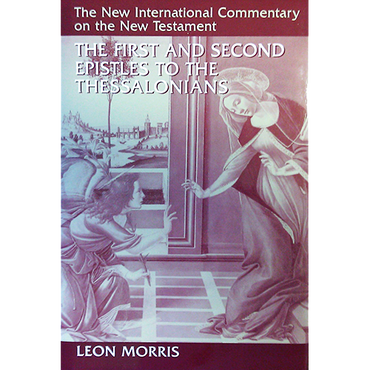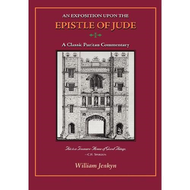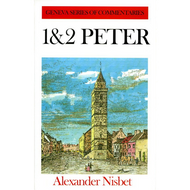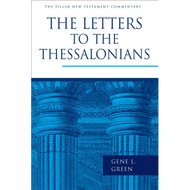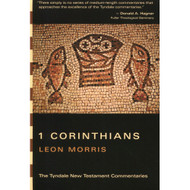Categories
Categories
The First and Second Epistles to the Thessalonians by Leon Morris (Hardcover)
The First and Second Epistles to the Thessalonians by Leon Morris (Hardcover)
Product Description
Publisher's Description
The two letters to the Thessalonians dwell richly on the Christian hope and emphasize the significance of the Christian calling in the here and now. In this commentary Leon Morris offers a solid exegetical discussion of specific problems relating to the composition of the letters themselves, yet his exposition is also pervaded by an acute awareness of the relevance of Paul's message to the practical problems encountered in living the Christian life.
About the Author
Leon Morris (1914–2006) retired as Principal ofRidley College in Melbourne, Australia, in 1979. He is theauthor of more than forty books, including The ApostolicPreaching of the Cross, the volumes on Matthew andRomans in The Pillar New Testament Commentary, and thevolumes on John and the Thessalonian epistles in the NewInternational Commentary on the New Testament.
Endorsement
The author provides a solid paragraph-by-paragraph review of the text, if somewhat onesided. Morris’ discussion of election is very Calvinistic. He allows no room for prevenient grace. Election proceeds from God’s great love. It is not arbitrary and not a device for sending some people to eternal punishment. Instead, it is a mechanism for rescuing some people.
The author also addresses eschatology from a reformed perspective. God calls the Thessalonians into the kingdom and into glory. This call is effectual, meaning it cannot be resisted. Interestingly, Paul does not often preach about the kingdom, but he does to the Thessalonians. God’s rule is operative in believers both in the present and in the glorious future. Despite a lot of attention being devoted to the second coming in these letters, Paul still makes realized eschatology part of his teaching.
I enjoyed the book because it covers the basics but also employs a perspective I have not previously seen applied to the Thessalonian epistles.
The author also addresses eschatology from a reformed perspective. God calls the Thessalonians into the kingdom and into glory. This call is effectual, meaning it cannot be resisted. Interestingly, Paul does not often preach about the kingdom, but he does to the Thessalonians. God’s rule is operative in believers both in the present and in the glorious future. Despite a lot of attention being devoted to the second coming in these letters, Paul still makes realized eschatology part of his teaching.
I enjoyed the book because it covers the basics but also employs a perspective I have not previously seen applied to the Thessalonian epistles.
 Loading... Please wait...
Loading... Please wait... 
